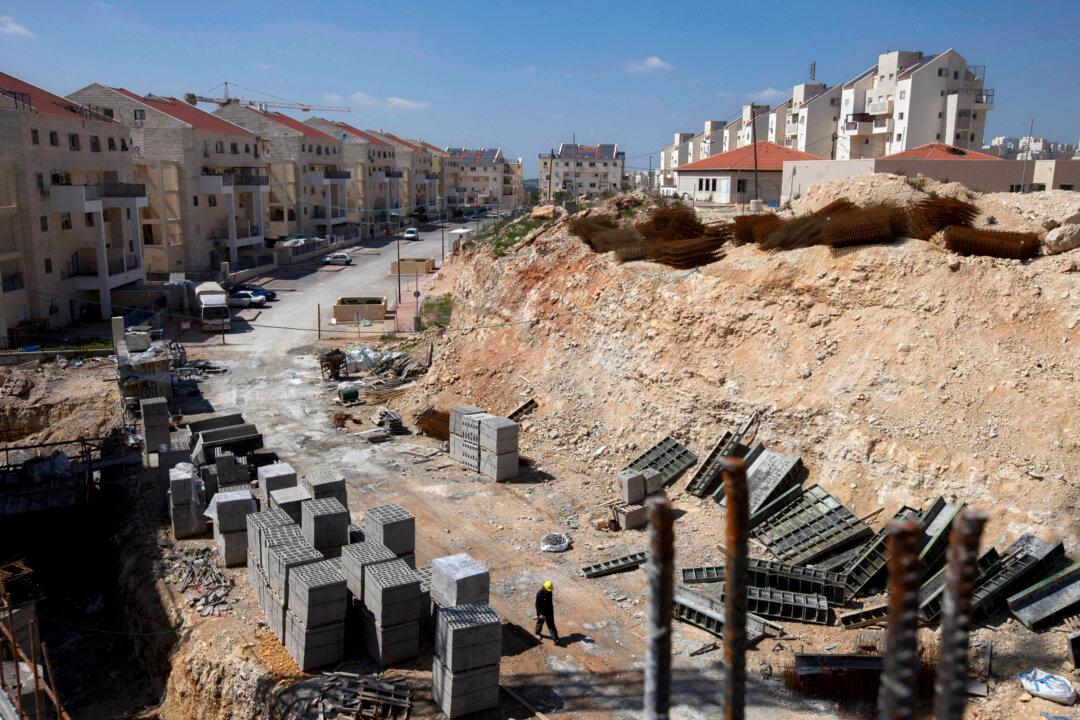In what can be seen as a major boost to U.S.–Israel relations, Secretary of State Mike Pompeo announced that the United States will no longer view Israeli settlements as illegal under international law.
“The Trump administration is reversing the Obama administration’s approach towards Israeli settlements,” he said on Nov. 18 at the White House. “The U.S. public statements on settlement activities in the West Bank have been inconsistent over decades.”





